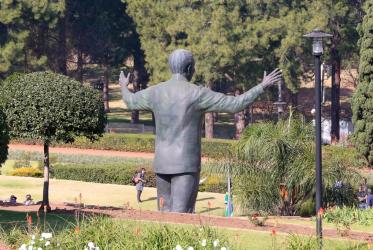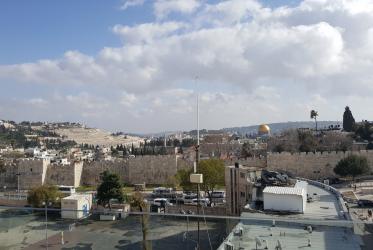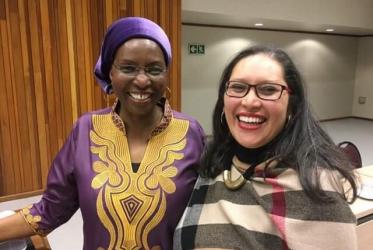Displaying 1 - 20 of 27
Churches in southern Africa stand against violence, xenophobia
10 October 2019
“Love will find a way”
23 August 2018
Diakonia: “a tool to reach abundance of life”
24 July 2018
Seven weeks of Lent highlight water justice in Latin America
12 February 2018










